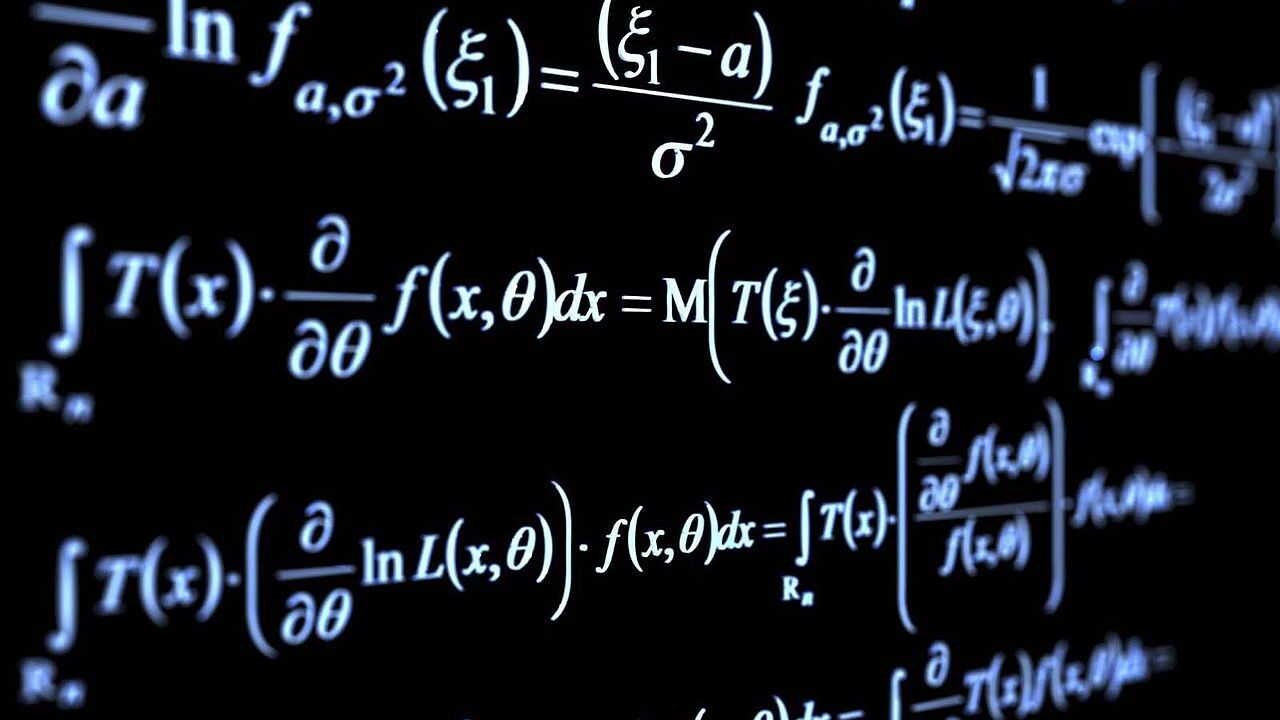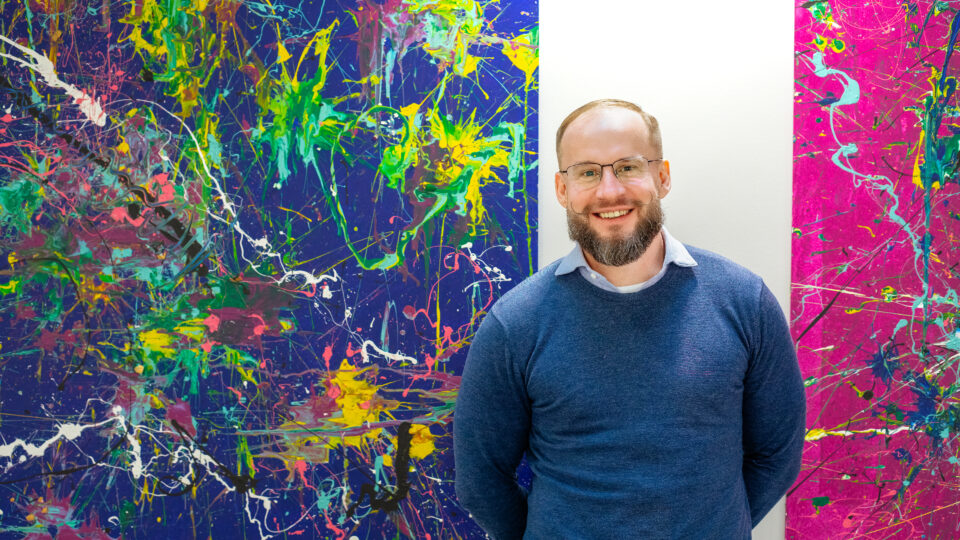The opinion is based on a speech delivered at the opening ceremony of the academic year at TalTech.

The development of AI and technologies demands increasingly more intellectual effort from us | Photo: TalTech
Many first-year students at TalTech have achieved excellent results in the national advanced mathematics exam. But let’s also take a look at the broader statistics: at best, only one third of this spring’s graduating students reached the score on the advanced math exam that would open the doors to a technical university – that is, scored 50 out of 100. Two thirds of your high school peers lack the necessary math skills, many of them significantly, to be here in this auditorium today. But TalTech cannot afford to lower the bar. We cannot allow a building to be designed by an engineer who can only complete half a calculation.
Dividing mathematics into “advanced” and “basic” doesn´t justify itself
We’ve ended up in a situation where many no longer even want to make an effort and instead take the path of least resistance. One major reason is the division of high school mathematics into advanced and basic levels. It seems that young people – and perhaps their parents as well – do not fully grasp the weight of this decision, its real cost, including in terms of future salary.
Perhaps I’m being unfair to someone here, but it seems to me that the aim – or rather the lack of one – has become a kind of drifting mediocrity that limits young people’s ability to dream, and even more so, to realize those dreams. Out of fear that they might not manage, they choose the safe route and fail to see or appreciate the real value and potential of learning mathematics.
Yes, I admit that mastering STEM subjects takes effort – but the result is definitely worth it! Besides, everyone is capable of learning mathematics. The issue lies in the methodology!
I have stated publicly here in this very auditorium several times that it is time for change: the division of mathematics into “advanced” and “basic” has not proven effective. On the contrary, it tends to create divisions and increase inequality. Several studies point to the fact that such early tracking is in no way beneficial for society. Quite the opposite.

Dividing mathematics into advanced and basic levels has not proven effective; rather, it creates stratification and increases inequality | Photo is illustrative
The first nationwide Mathematics Day
Today, I wish to take a big step forward together with you. As a starting point, let me say this: it is high time to begin changing the current system. If we continue down the same path for another ten years, the rows of first-year students in this auditorium will become sparse. And I believe the same will happen in many other auditoriums as well. This, in turn, means that the rows will also grow thinner from the perspective of employers – in industry, manufacturing, engineering, finance, IT. There is no field that poor math skills don’t directly impact! The clock is ticking – also in a demographic sense.
In the spirit of TalTech’s motto – Mente et Manu – we bring together both thought and action when it comes to mathematics. With pride in my voice, I invite all of you – and all Estonians – to take part in the first nationwide Mathematics Day on October 2nd, the central event of which will be a digital math challenge. Each of us will have the opportunity to test ourselves in a stress-free way, to measure our skills against our own expectations – or, if desired, against others.
With this initiative, we aim to change society’s attitude toward mathematics, to elevate the importance of math education, and to adapt teaching methods to today’s needs.
Hopefully becoming a cherished tradition, this day will focus on introducing new ideas in math teaching, sharing success stories, and most importantly, offering everyone the chance to test their knowledge.




